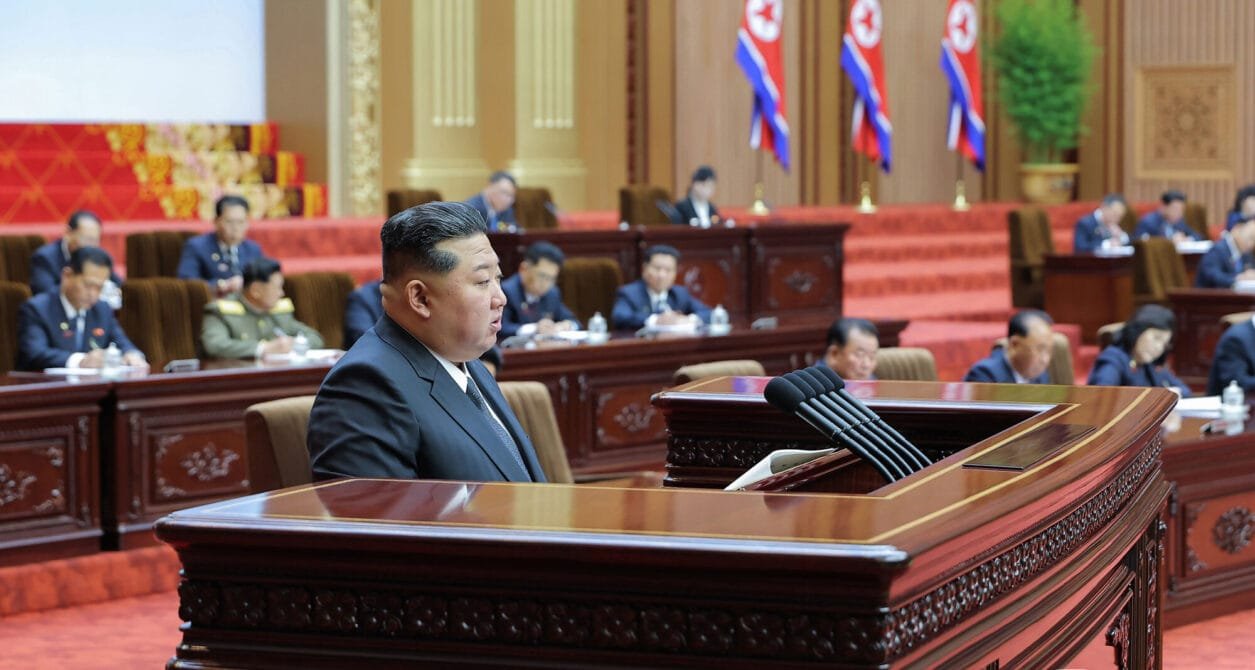North Korean leader Kim Jong Un has said he is willing to resume talks with the United States — but only if Washington abandons its long-standing demand that Pyongyang give up its nuclear weapons. Speaking at a session of the Supreme People’s Assembly in Pyongyang, Kim described denuclearization demands as an “absurd obsession” and said that his country would never exchange its nuclear arsenal for relief from sanctions. He insisted that nuclear weapons are essential for his country’s security in the face of perceived threats from the U.S. and South Korea.
In his address, Kim expressed “fond memories” of former President Donald Trump, marking the first time he has publicly referenced Trump by name since the current U.S. administration took office. He said that if the U.S. “accepts reality” and seeks “genuine peaceful coexistence,” there would be no reason not to sit down and negotiate.
Seoul has proposed a phased approach to denuclearization, with a possible freeze on additional nuclear development as a starting point. President Lee Jae-myung has called for negotiations that might begin with stops on weapons production rather than immediate, full disarmament. But Kim rejected such incremental plans, asserting that they are disingenuous and amount to efforts aimed at weakening his regime rather than truly engaging in dialogue.
Analysts view Kim’s remarks as a strategic repositioning: seeking to shift the negotiation framework so that his nuclear arsenal is non-negotiable, while still leaving open the possibility of talks. Some believe this signals Pyongyang’s desire to engage directly with Washington rather than through intermediaries like Seoul. But the position complicates matters: U.S. policy and that of most allies insist denuclearization remains non-negotiable, seeing it as essential for stability on the Korean Peninsula.





